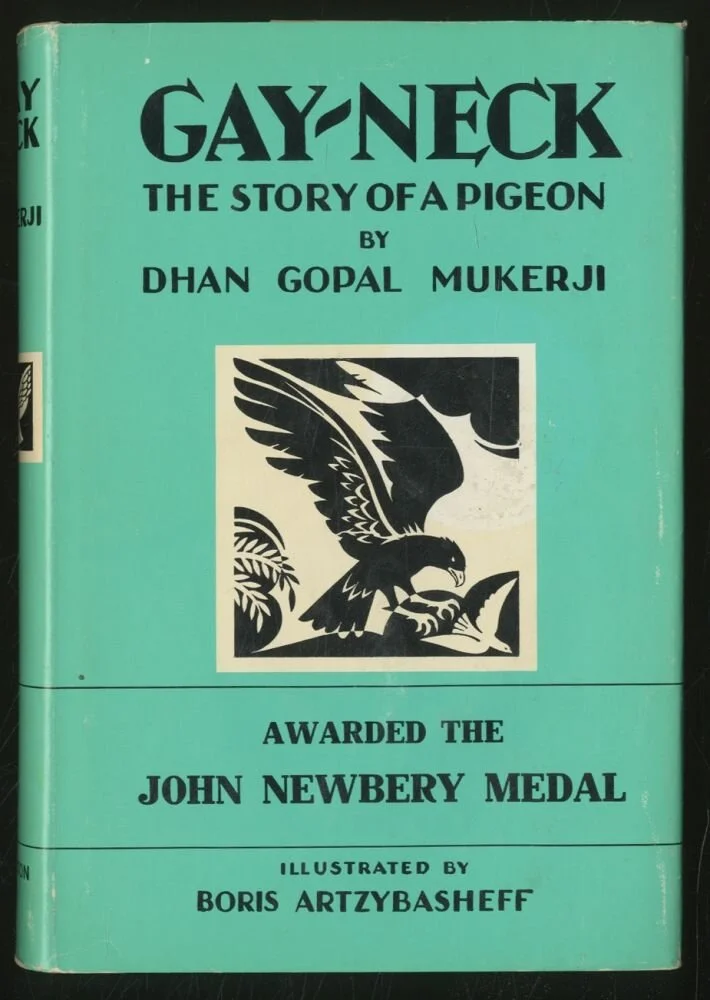The Trumpeter of Krakow (1929)
The Trumpeter of Krakow by Eric P. Kelly
For as much as I enjoyed The Trumpeter of Krakow, there’s not an obvious hook to write about here. Mid-century Poland isn’t exactly a thrilling locale. It’s historical fiction written by an English professor, and it reads like historical fiction written by an English professor. The main character, Joseph Charnetski, talks and acts more like a middle-aged bachelor than a fun-loving teenager. And yet this strange little gem of a novel flies by in a flash, slowly pulling the reader along with just enough intrigue and mystery to build suspense from chapter to chapter. It works.
In broad strokes: Joseph’s family is in possession of “The Great Tarnov Crystal”, something akin to the philosopher’s stone, and has to flee to Krakow after the Tartars burn down their village in search of it. Assuming false identities, the Charnetskis move into a flat below an alchemist, who may or may not be possessed by demons. It’s weird, witchy stuff, but Kelly doesn’t lay it on too thick. Trumpeter feels more like “Shakespeare For Kids” than Harry Potter, but Kelly’s grasp of narrative and pacing is spot-on, even when his language feels stilted or he gets bogged down in architectural details. Nerdy 10 year-old Barton would’ve loved this book, and 31 year-old Barton did, too.
Two key pieces of theoretical European history drive Trumpeter: the great Krakow fire of 1462, and the legend of the Unfinished Heynal. I say “theoretical” history because Krakow’s largest and most famous fire was actually in 1494, and the origin story of the Unfinished Heynal presented in the book is nowhere to be found prior to its publishing. I’m going to give the author the benefit of the doubt and say he captured the details of the time period well (or at least wrote about it convincingly enough to fool me), but it’s strange that a book as theoretically well-researched as this would make those narrative choices.
Eric Kelly made a career out of writing children’s books (including several based in Poland) before working for the US State Department to help resettle Polish refugees during World War II. He and his book deserve more than this half-assed blog post, but at least he’s tying the highest rating I’ve doled out thus far.



